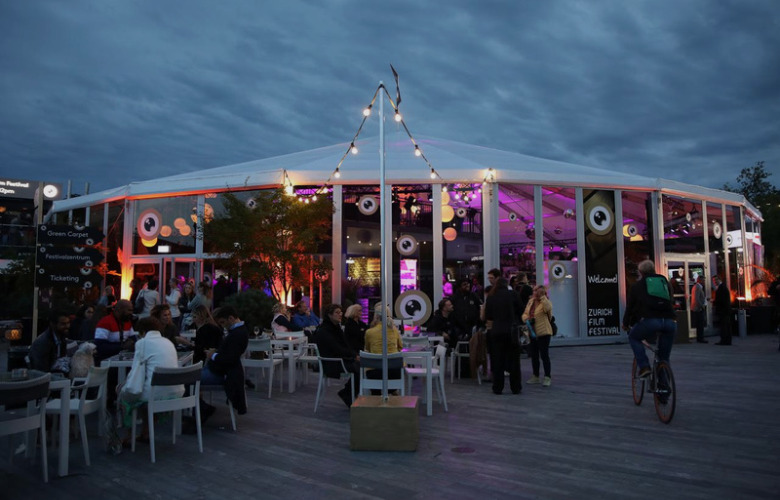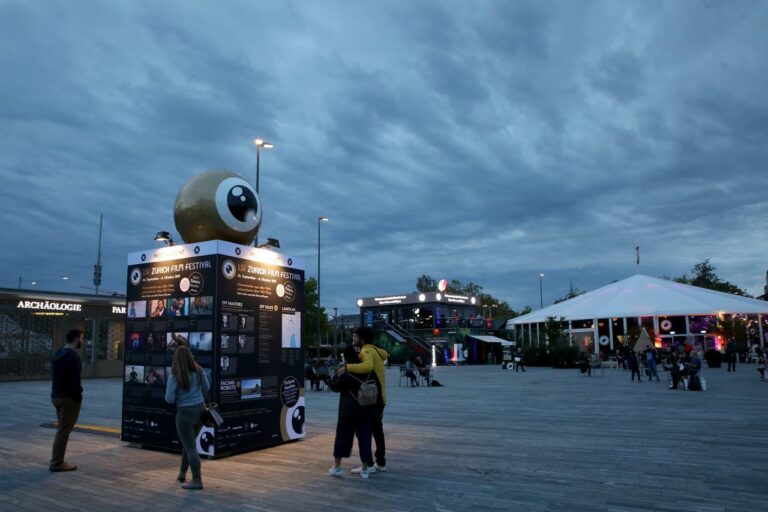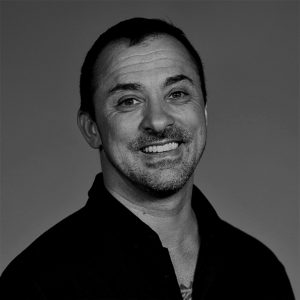
The Zurich Film Festival is an annual event which premiered in the summer of 2005. Since then this film festival has grown in size every year and has won much international acclaim. We were lucky to get an interview with the festival’s head of film coordination, Aurel Graf.
I spent many years studying political sciences at Lucerne University. Afterwards, I studied film science at Zurich University. Film was always a passion.
During my studies, I already had a chance to gather many practical experiences in the cultural world. I worked in the journalistic sector as editorial staff for several newspapers and film publications. At the same time, I also worked in the Cinema Corso in Zurich. One of the town’s oldest movie theaters.
In 2017, I began working in the Zurich Film Festival (ZFF) team. Since then, I am part of the programming team and I am head of film coordination for our festival.
The ZFF started in 2005. This year, the festival celebrates its 16th anniversary.
This year is a special year. For the very first time, our festival will be under the direction of artistic director Christian Jungen. It really is astounding, how fast the festival established itself in the Swiss as well as the international film industry.
Just looking at size, the ZFF is now the second-biggest film festival in the German-speaking world. The Berlinale in Berlin is still the biggest.

A team of eight programmers chooses our list of films for each festival year. Each one of us has a geographical focus area. Someone is responsible for the Asian region, someone for Scandinavia, etc.
Then there is also a focus on certain topics which we usually dedicate a series of films to. For example, together with a colleague I am programming the series “Hashtag”, which each year is dedicated to a different contemporary topic.
We were positive from the very beginning that we will be able to proceed with the festival. One has to be careful, of course. Because the current situation due to Covid-19 is incalculable and unforeseeable.
But we are fortunate to enjoy good backing from our partners as well as from the Zurich authorities, which adds to our optimism.
However, it is clear that we will be alert at all times. We want the visitors of our festival to feel safe and well taken care of. Thus, we will take all necessary precautions and we’ll be ready to react and adapt quickly if so needed.
The major plus of our festival is its broad spectrum of films from all over the world. We want to stay true to this concept, which means we will keep our film program roughly as large and diverse as always.
We already announced one award winner for this year. Rolf Lyssy, one of the most successful Swiss directors of all times.
Because of the international situation with Covid-19 however, the focus of invited celebrities for this year will have to be more strongly on creatives from Europe and Switzerland.
This is a good question, albeit one which is hard to answer. But I think there are many ways in which we can ensure the safety of our guests at a festival. Whatever will happen in the future, I am confident we will find appropriate solutions.
In the entertainment industry in general, we can’t underestimate the big financial hole this pandemic has ripped into the budgets of cinemas, film distributors, festivals, and other companies within the cultural sector.
However, history also shows us that we continuously have to face new challenges. Continuously have to find new ways. And continuously have to adapt to an ever changing world and environment.
Film and cinema have always survived all these ups and downs. And so I believe they will endure further into the future. Because storytelling and a collective listening to and enjoying of these stories are at the heart of humanity.
Thank you, Aurel Graf, for your insights into the 16th Zurich Film Festival, an ever-growing international event, held in one of Europe’s most beautiful cities. “Break a Leg” and “toi toi toi” for this year’s celebrations to honor the art of film-making!
Don’t Wear That Hat: Theatre Superstitions & their Origins
Guilherme Botelho – Dance and the Quest for Meaning


Liam Klenk was born in Central Europe and has since lived on four continents. Liam has always been engaged in creative pursuits, ranging from photography and graphic design, to writing short stories and poetry, to working in theatre and shows. In 2016, Liam published his first book and memoir, 'Paralian'.
Read Full Profile© 2021 TheatreArtLife. All rights reserved.

Thank you so much for reading, but you have now reached your free article limit for this month.
Our contributors are currently writing more articles for you to enjoy.
To keep reading, all you have to do is become a subscriber and then you can read unlimited articles anytime.
Your investment will help us continue to ignite connections across the globe in live entertainment and build this community for industry professionals.